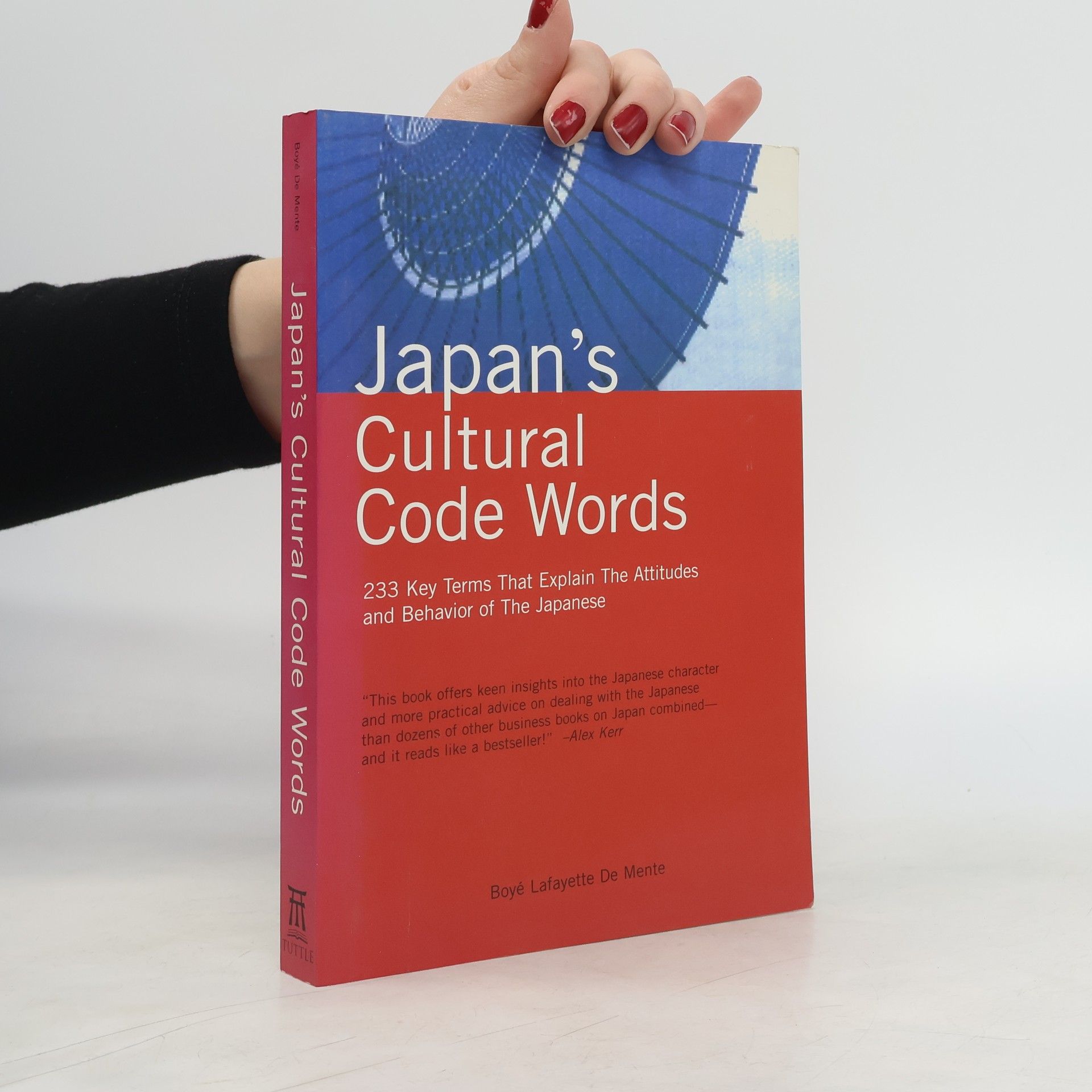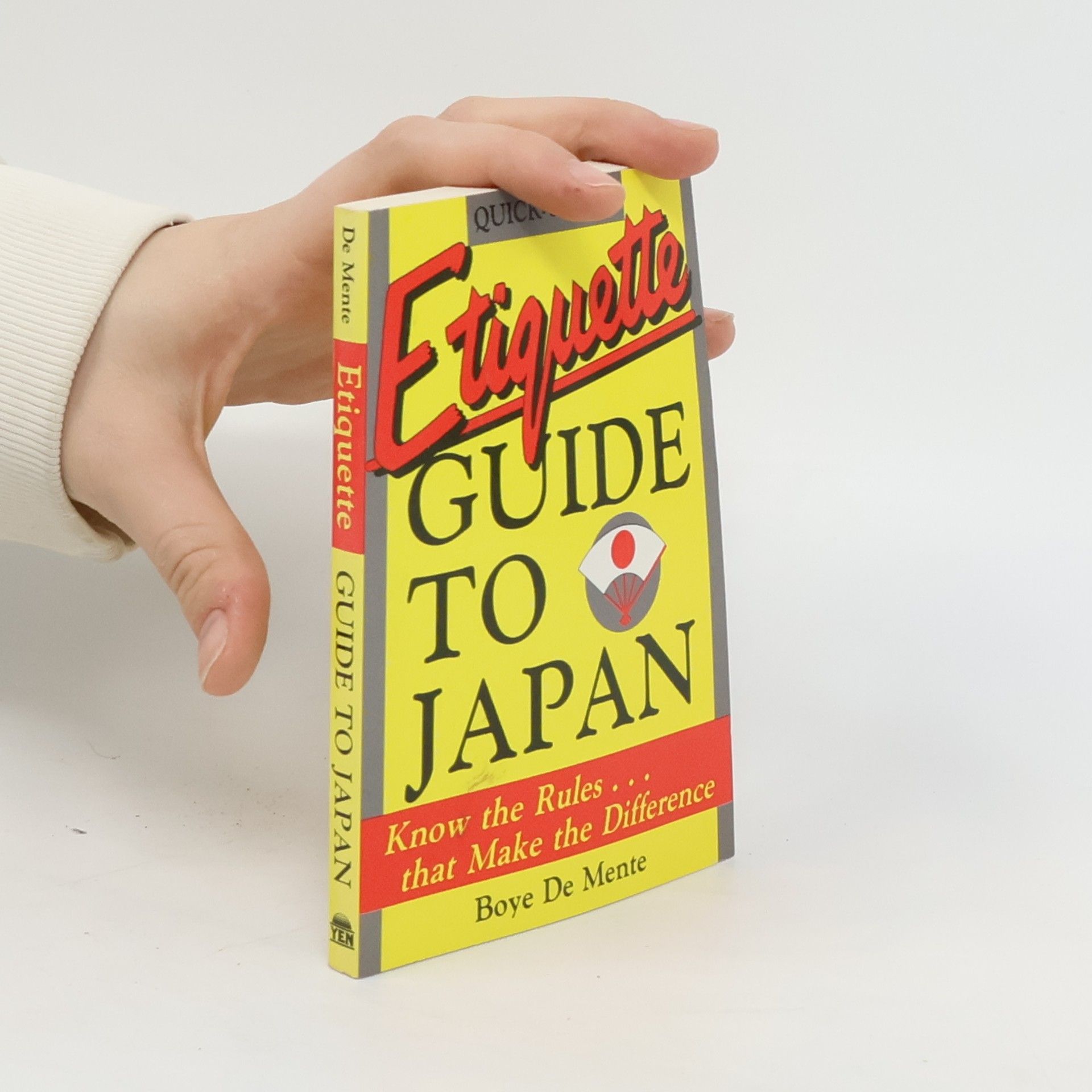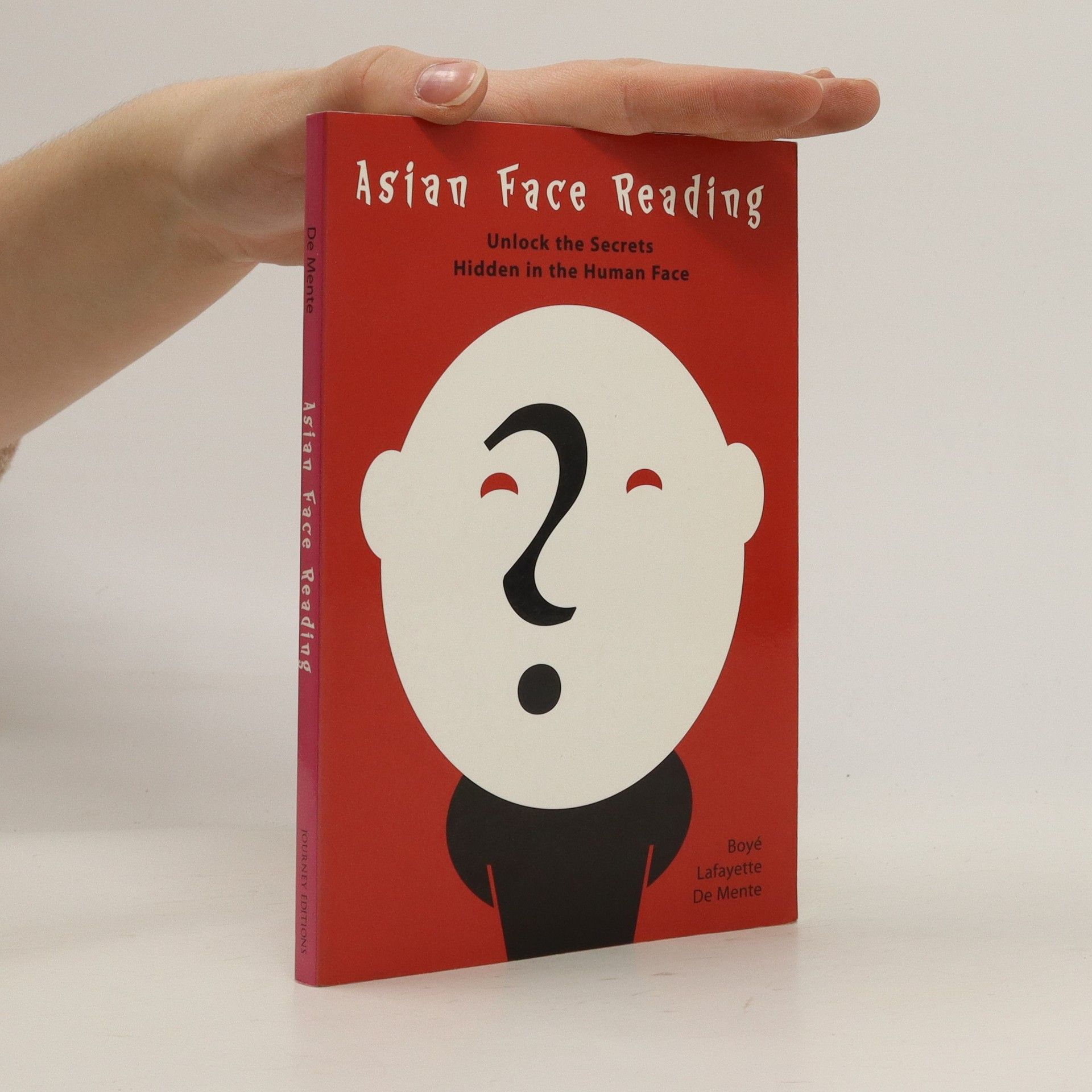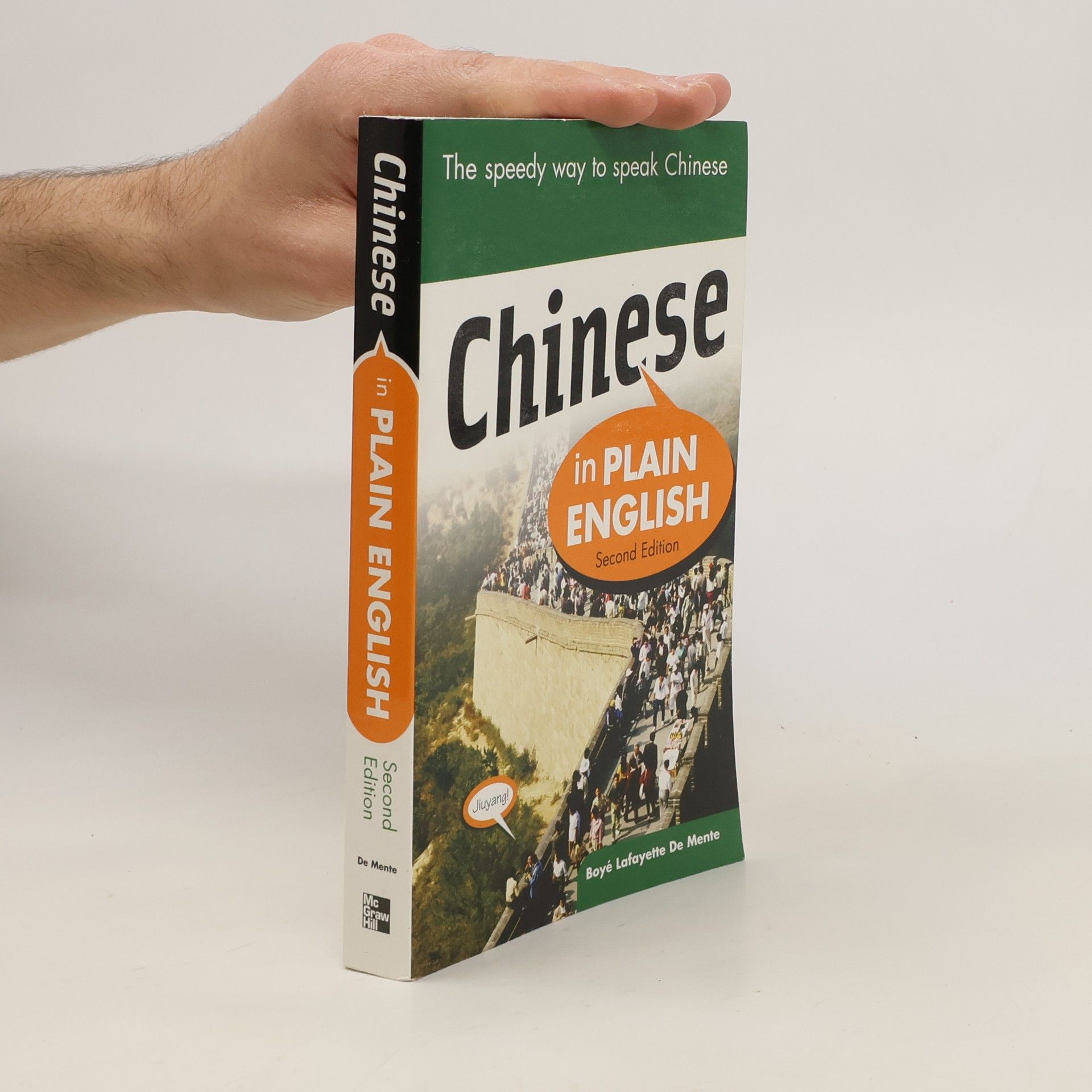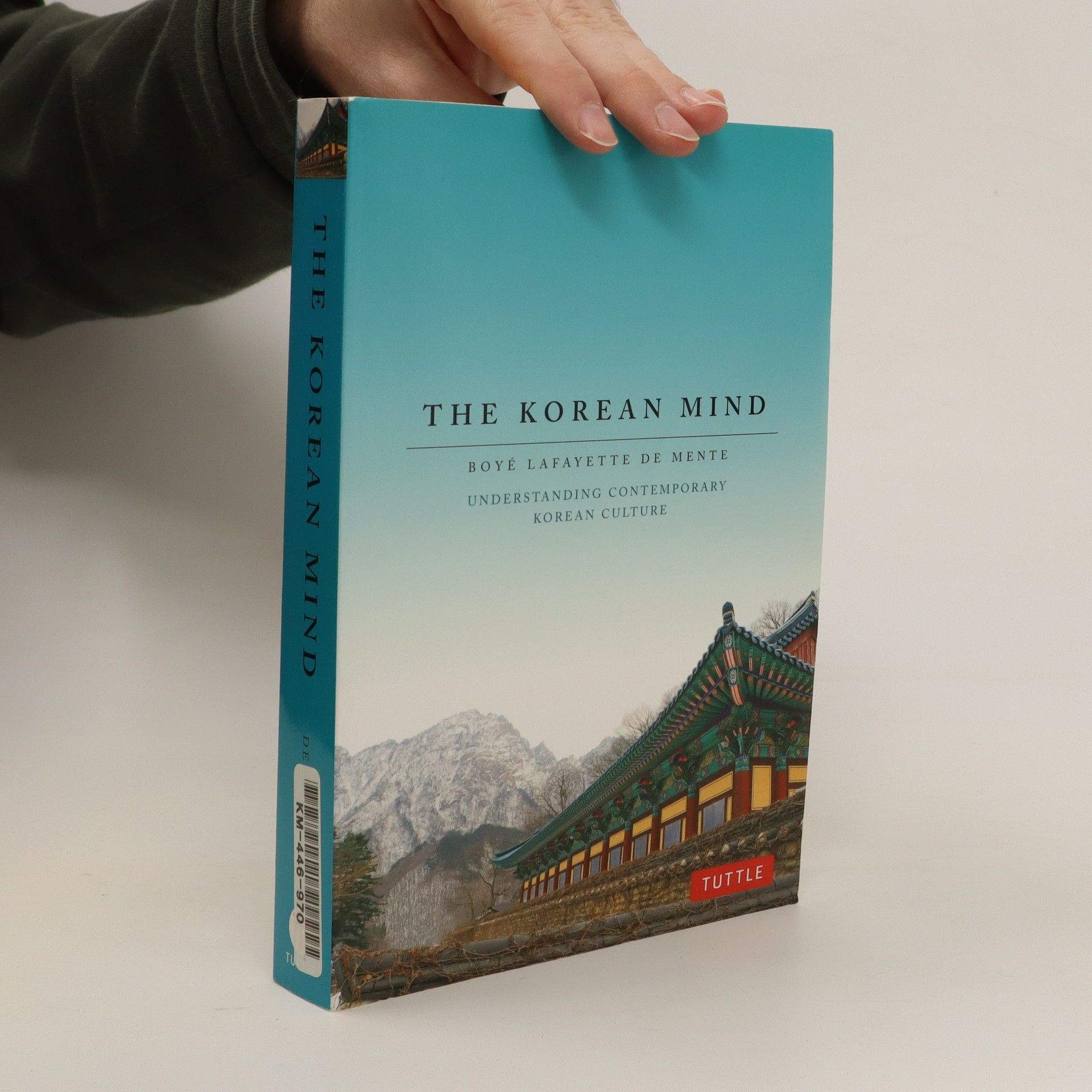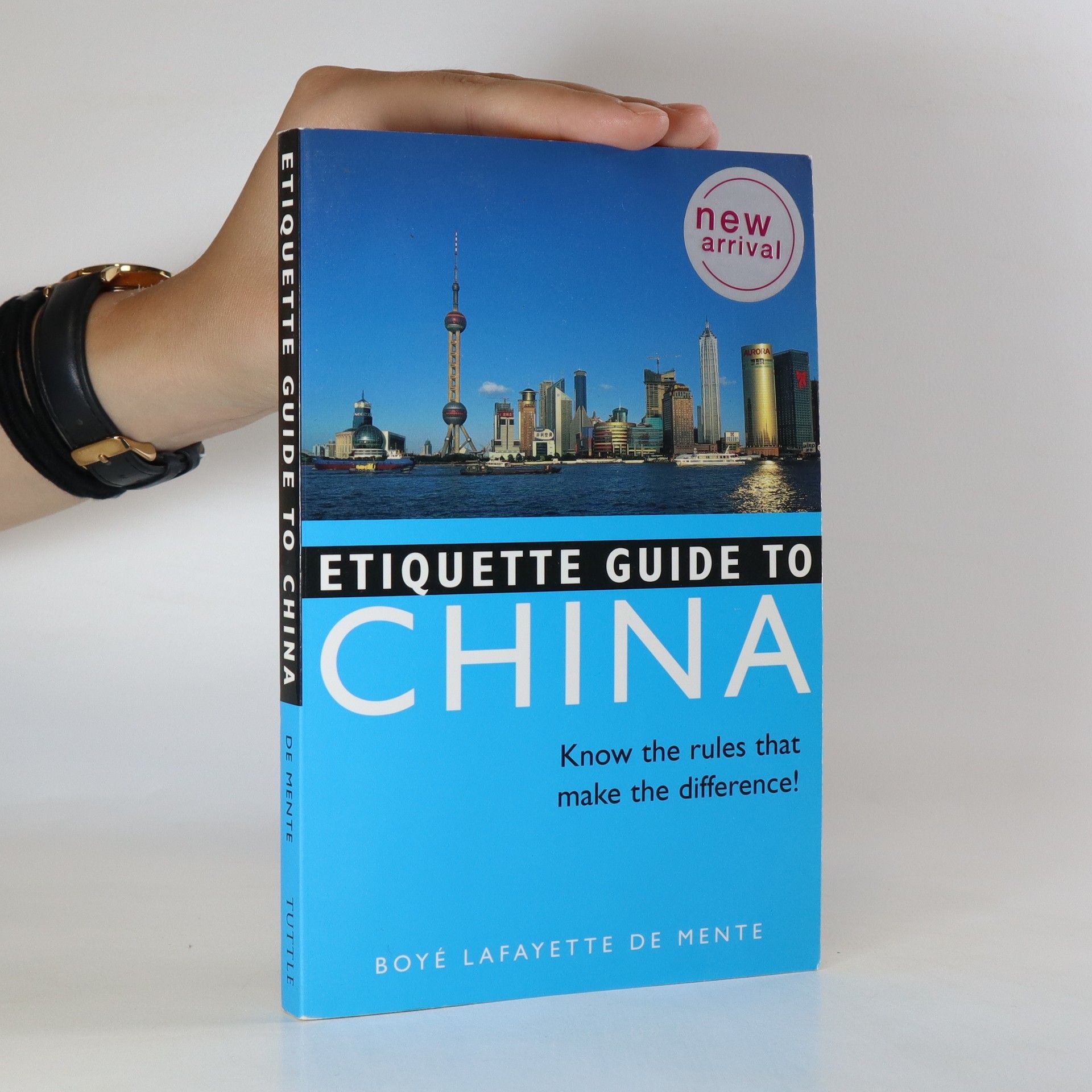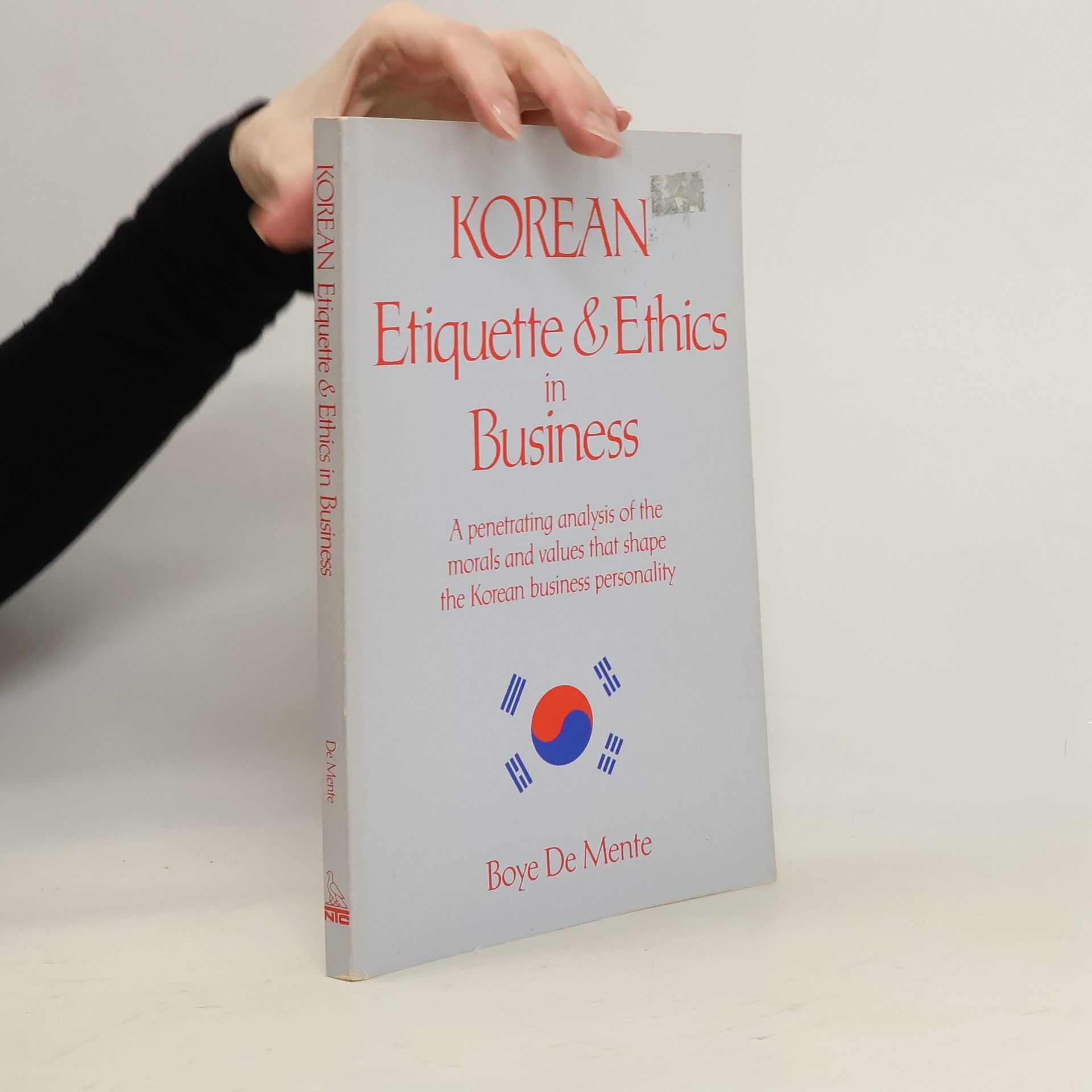Chinese in Plain English
- 352 páginas
- 13 horas de lectura
Next time someone asks if you know how to speak Chinese, you can say Wo zhidao (Waw jr-dow).* With Chinese in Plain English , you can speak Chinese in no time! Its easy-to-use pronunciation system and straightforward presentation of the basics of the language--with plenty of useful sentences--help you break the language barrier quickly and confidently. How? All the words and phrases in this book are written in Roman script--in plain English--in a form you can use immediately and in the right context. Instantly you'll know the basics of Chinese, from polite pleasantries to the latest technological jargon. Start on the right foot and speak Chinese with ease: Good morning! Zaoshang hao! (Zow-shahng how) Thank you! Xiexie! (She-eh-she-eh) Please call the doctor. Qing jiao yiwei yisheng. (Cheeng jee-ow ee-way ee-shuung) Another round, please. Qing zai lai yi-ge. (Cheeng zigh lie ee-guh) Is Beijing hot during the summertime? Beijing-de xiatian re ma? (Bay-jeeng-duh shee-ah-tee-in run mah) I will be here for about two weeks. Wo meiyou yao baoguan-de dongxi. (Waw may-yoe yow bow-gwahn-duh doong-she) *I know!
